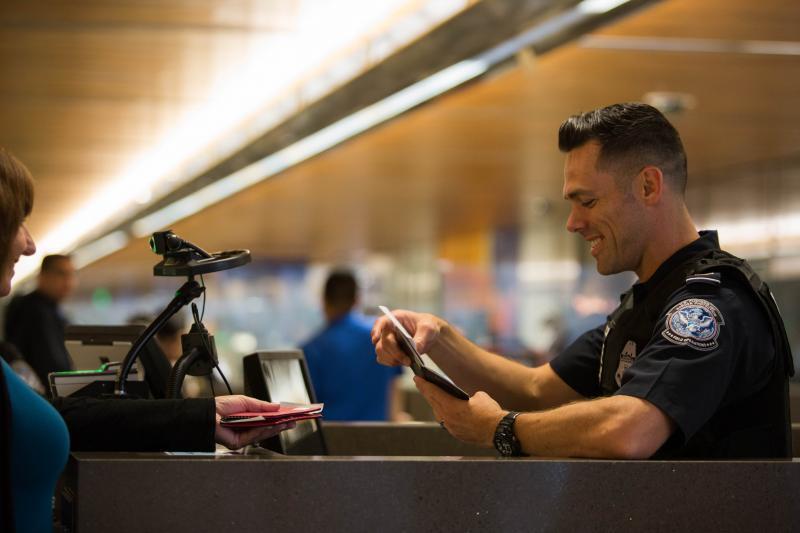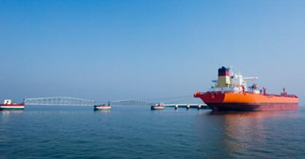What Is A Customs Duty?
Customs Duty is a tariff or tax imposed on goods when transported across international borders. The purpose of Customs Duty is to protect each country’s economy, residents, jobs, environment, etc., by controlling the flow of goods, especially restrictive and prohibited goods, into and out of the country.
Dutiable refers to articles on which Customs Duty may have to be paid. Each article has a specific duty rate, which is determined by a number of factors, including where you acquired the article, where it was made, and what it is made of. Also, anything you bring back that you did not have when you left the United States must be “declared.” For example, you would declare alterations made in a foreign country to a suit you already owned, and any gifts you acquired outside the United States. American Goods Returned (AGR) do not have to be declared, but you must be prepared to prove to U.S. Customs and Border Protection the articles are AGR or pay Customs duty.
The Customs Duty Rate is a percentage. This percentage is determined by the total purchased value of the article(s) paid at a foreign country and not based on factors such as quality, size, or weight. The Harmonized Tariff System (HTS) provides duty rates for virtually every existing item. CBP uses the Harmonized Tariff Schedule of the United States Annotated (HTSUS), which is a reference manual that the provides the applicable tariff rates and statistical categories for all merchandise imported into the U.S.
Duty-Free Shop articles sold in a Customs duty-free shop are free only for the country in which that shop is located. Therefore, if your acquired articles exceed your personal exemption/allowance, the articles you purchased in Customs duty-free shop, whether in the United States or abroad, will be subject to Customs duty upon entering your destination country. Articles purchased in a American Customs duty-free shop are also subject to U.S. Customs duty if you bring them into the United States. For example, if you buy alcoholic beverages in a Customs duty-free shop in New York before entering Canada and then bring them back into the United States, they will be subject to Customs duty and Internal Revenue Service tax (IRT).
Determining Customs Duty
The flat duty rate will apply to articles that are dutiable but that cannot be included in your personal exemption, even if you have not exceeded the exemption. For example, alcoholic beverages. If you return from Europe with $200 worth of purchases, including two liters of liquor, one liter will be duty-free under your returning resident personal allowance/exemption. The other will be dutiable at 3 percent, plus any Internal Revenue Tax (IRT) that is due.
A joint declaration is a Customs declaration that can be made by family members who live in the same household and return to the United States together. These travelers can combine their purchases to take advantage of a combined flat duty rate, no matter which family member owns a given item. The combined value of merchandise subject to a flat duty rate for a family of four traveling together would be $4,000. Purchase totals must be rounded to the nearest dollar amount.

